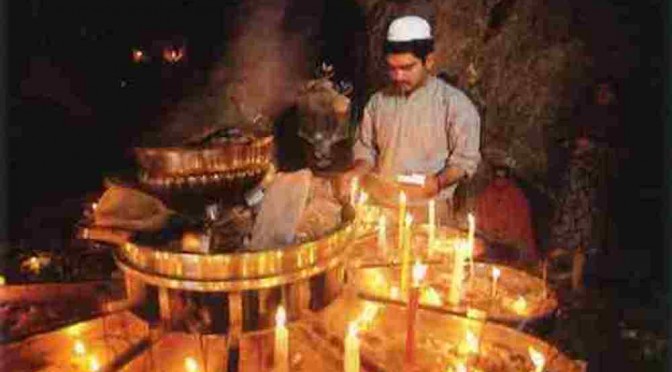As the Greeks came in contact with the Egyptians as they took over the remnants of the Minoan Empire. At the time Egypt was far more concerned with the threat from Persia, But at the same time they were impressed Greek military capabilities.
Persia developed in parallel with Egypt, despite or perhaps because of, suffering great exposure to external events. The area around the Indus dried and this progressive civilisation was forced to relocate yet again. The early civilisations of the Iranian plateau and Northern India positioned either side of the Indus valley were both founded by Indus refugees.
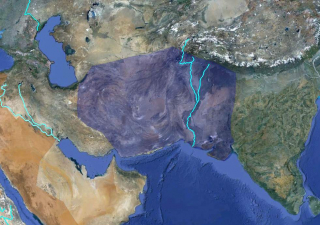 [/tab]
[tab title=”Persian Expansion”]
[/tab]
[tab title=”Persian Expansion”]
Not far away from the Iranean plateau were the Euphrates and Tigris valleys of Mesopotamia. The whole area was forced to militarise as their emerging cities were exposed to the envious gaze of the relatively primitive nomads living on the receding edge of the ice cap to the north.
Hittites, Myceans, Assyrians, Babylonians, Edomites, Sythians, Medians all held sway at various times. Finally the inhabitants of the persian plateau were able to take control of the area. Under their leader Cyrus, they formed the Persian Empire.
The natural boundaries of this new empire were the Indus to the east, the Euphrates to the west and the Oxus to the north.
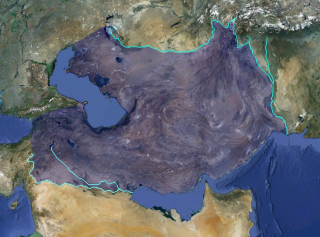 [/tab]
[tab title=”The Persian Empire”]
[/tab]
[tab title=”The Persian Empire”]
The Persians succeeded in unifying the whole area. At peak their territory extended from Northern India to Athens and from Egypt to modern Uzbekistan. Their empire lasted 250 years. From the Iranian plateau and possibly from the Indus valley itself they brought with them a code of ethics totally unique in the ancient world. It was a most enlightened code of ethics which, like Egypt emphasised the equality of women.
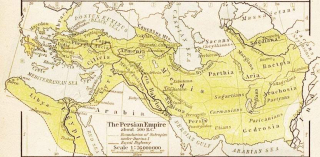 [/tab]
[tab title=”Multiple Capitals”]
[/tab]
[tab title=”Multiple Capitals”]
The Empire was so large that it utilised a system of multiple capital cities which were on or close to the previous capitals of the empires absorbed by Persia. The emperor and his court visited Persopolis, Susa, Babylon, Ninevah and Ctestiphon in turn. The principle city and centre of learning was built at Persopolis, deservedly famous in antiquity.
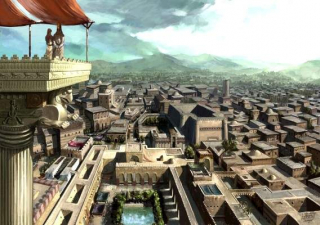 [/tab]
[tab title=”The Royal Road”]
[/tab]
[tab title=”The Royal Road”]
One of the unique features of the Persian Empire was the Royal Road at it’s peak it was designed to reach every corner of the Persiam Empire ( more than 3000 km) and mounted couriers could travel from one end of the empire to the other in seven days using a system of post horses. The greeks believed that simple commands could be passed down the road by flags or even by voice as the guard posts were much closer than the staging posts .
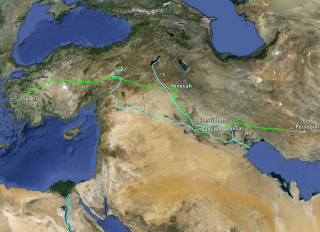 [/tab]
[tab title=”Zarathrustra”]
[/tab]
[tab title=”Zarathrustra”]
Of the Iranian code which were reflected in the way the Egyptian rulers treated their subjects, but there was one irreconcilable difference. The Egyptian state was run by priests, who played a leading part in the administration of the state, planned the breeding program, claimed to represent mankind’s interests to God and spent unbelievable sums on temples and palaces. For all this they obtained a luxurious living. The Iranian code claimed that priests were unnecessary and therefore to the Priests of Egypt,Persia was an intolerable threat, embodied by the teachings of Zarathrustra
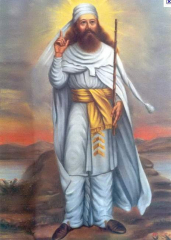 [/tab]
[tab title=”The Principal”]
[/tab]
[tab title=”The Principal”]
The Persians were guided not so much by religious beliefs as by a code of ethics, eventually preached and documented by Zarathrustra. There was no worship of a god and no attempt to personalise a god. Meditation was carried out in the presence of a fire, simply to remind participants of the power of the universe. Zarathustra, taught that all men have free will and that the conflict between good and evil lies in each human being’s ability to decide whether to tell the truth or tell a lie.
Each human being has the ability to move the human experience towards good or evil depending on what that decision might be. In order to create good in the world each individual should indulge in good reflection, good word and good deed. Zarathustra taught that all human beings react to the environment in which they live. If they experience good actions then they will display good reactions. He taught that education and study were of paramount importance. Human beings can only make good decisions if they are taught to think. This code of ethics was applied across the whole of the Persian Empire.
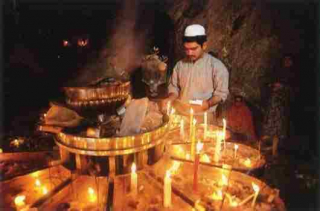 [/tab]
[tab title=”The Code”]
[/tab]
[tab title=”The Code”]
Zarathustra offered advice.
The wealth of a nation should be devoted to improving the lives of its citizens, not on the building of elaborate places of worship. The power behind the universe, which he called Ahura Mazda, already had a home in the heart and mind of every human being.
Due to the paramount importance of Good Reflection leading to Good Words and Good Deeds, community wealth should be devoted first to education of the young.
All human beings men and women are equal and should have identical rights and responsibilities.
To live in idleness taking advantage of the toils of others was a form of oppression. Again it led to bad words and bad deeds. Everyone, at every level in society should subsist by the fruits of their own labours.
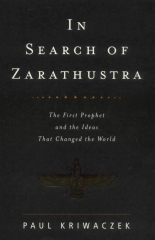 [/tab]
[tab title=”Ethics and Laws”]
[/tab]
[tab title=”Ethics and Laws”]
All stories of supernatural events are lies or the events on which they are based are trickery. There is no need for any priesthood to intervene with god, the power of the universe lies within every human being.
A gift of money to someone in difficulty was good but to lend money with the expectation of repayment or interest was bad. Zarathustra taught that debt always led to bad words and bad deeds.
He taught that there should always be consideration of other peoples beliefs but at the same time that it was permissible to ignore or disobey laws or cultural beliefs which prevented adherence to the principles of good reflection, good words and good actions.
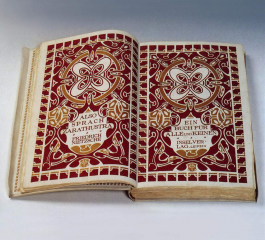 [/tab]
[/tabs]
[/tab]
[/tabs]
